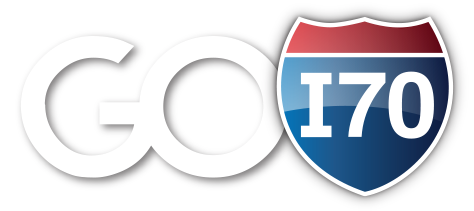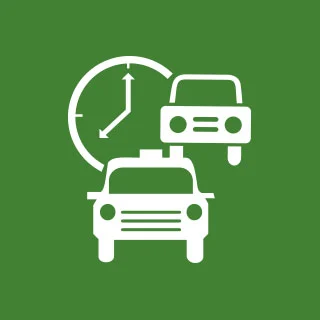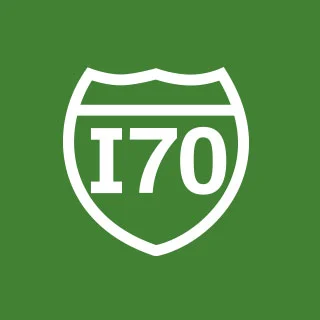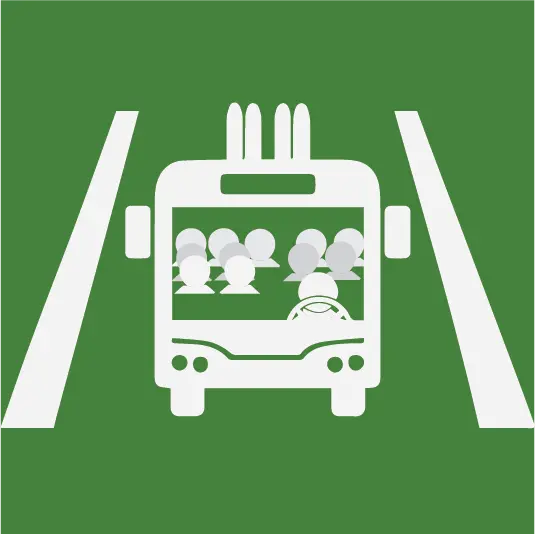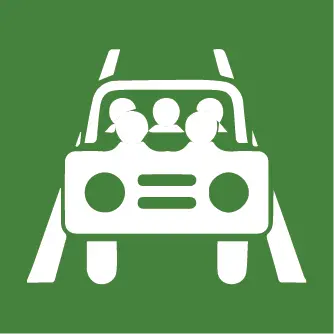I-70 traffic is quite predictable unless affected by weather or accidents. Plan to avoid peak travel times and enjoy a delay-free trip along I-70. Our weekend travel forecast is updated every Thursday morning.
Weekend Travel Forecast: November 14th -16th
The weekend weather is looking unseasonably warm for travelers heading to the mountains. Expect mostly sunny days with temps in the mid-upper 50’s. There will be rail/sleet/snow beginning later in the afternoon on Sunday, so time your return with that in mind. Traffic should generally be light and manageable all weekend.
To avoid the peak travel times, check out the weekend travel forecast below!
Friday WB – Moderate traffic will start to build around 11:00 a.m. and subside by 4:00 p.m. Slight delays of 5-10 minutes can be expected.
Saturday WB – No traffic-related delays are anticipated.
Saturday EB – No traffic-related delays are anticipated.
Sunday WB – No traffic related delays should be expected.
Sunday EB – Congestion could increase slightly between 2:00pm and 6:00pm, and with rain forecasted to roll in around 4:00 pm, traffic could slow. This rain will turn to sleet and snow as temperatures cool, so travel will become more hazardous later in the day and through the evening hours.
*The GoI70.com Travel Forecast is based on historical data, along with an estimation of how weather, construction, public events and other factors might impact
I-70 DAILY SNOW
Powered by
Update:
Dry on Friday and Saturday. Snow finally returns Sunday into Monday. Colder temperatures will also provide us with around-the-clock snowmaking. Additional chances for snow around November 19 and Thanksgiving week.
TIPS FOR I-70 MOUNTAIN TRAVEL
- Avoid the Peak Travel Times. If heading eastbound on Saturday or Sunday, plan to leave the mountains after 7:00 p.m. Check the weekend and holiday Travel Forecast.
- Check the road and traffic conditions before you travel.
- Check out the Peak Time Deals local businesses offer to help you avoid peak travel times.
- Spend a Sunday night in the mountains and head to work or school early Monday morning.
- Prepare for I-70 mountain driving conditions. Know the Colorado Traction Law.
- Create or join a carpool with the TreadShare App.
- Consider taking a bus, train, van to the mountains and leave the driving to someone else.
IMPORTANT INFO TO KNOW
With just a bit of planning, travelers can enjoy More Mountains, Less Traffic. The heaviest volumes on the I-70 mountain corridor occur around the holidays and on weekends in January and February, but plan for weekend traffic during the entire ski season. Check the detailed weekend Travel Forecast at the top of this page, posted each Thursday. Below is additional information to know prior to your travels:
Weather, Road Conditions & Accidents are impossible to predict and can escalate the level and duration of delays dramatically. Check CDOT’s CoTrip.org before you travel.
Colorado’s Traction Law is in effect Sept. 1-May 31, regardless of current weather conditions. Learn if your tires meet the Traction Law specifications here.
The Mountain Express Lanes are open on the weekends and holidays to provide a faster and more reliable travel time between Denver and the mountains. Get the Express Toll pass to pay the posted toll rate. Those without a pass will be billed the posted rate plus a service charge. Order the pass at ExpressToll.com.
Holiday Weekends – When a national holiday falls on a Monday, you can count on Monday afternoon eastbound traffic similar to a typical Sunday pattern, but with higher volume.
Metering – Traffic metering goes into effect during very high-volume times at the Eisenhower Johnson Tunnel on the eastbound approach. Metering controls the flow of traffic eastbound towards the Eisenhower Tunnel so traffic does not back up in the tunnel, causing potential safety issues.
